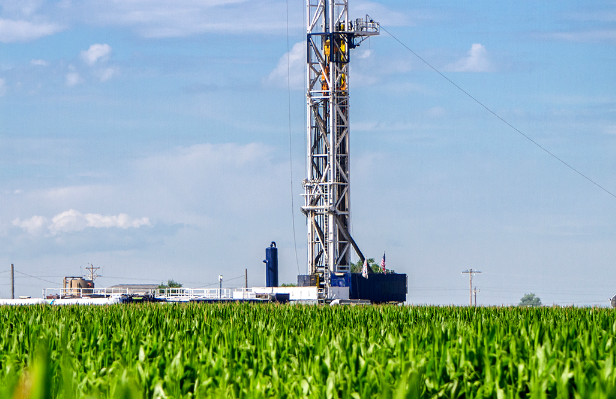Media

Restore PA Doubles Down on Taxes
Pennsylvania native and founding father Benjamin Franklin once wrote, “The problem with common sense is, it isn’t.” As with so very many things in the political sphere, in Governor Wolf’s Restore PA plan, Franklin’s words ring true once more.
Governor Wolf is calling for a severance tax to fund Restore PA, which he deems “common sense.” However, the governor’s justification is anything but—and ignores the fact that we already assess a fee on the industry that funds some of the very same objectives Restore PA espouses.
The oft-repeated argument for instituting a severance tax on the natural gas industry hinges upon Pennsylvania being the only top natural gas-producing state without one. In their defense of the proposal, Governor Wolf and lawmakers turn a blind eye to the other ways Pennsylvania distinguishes itself from its natural gas competitors.
Pennsylvania is the only natural gas producer that has an impact fee. This impact fee “supports key local initiatives and community projects” in the commonwealth, and brought in over $251 million in 2018, bringing the total revenue to nearly $1.7 billion since 2012. In 2018, the majority of funds—54%—were distributed to counties and municipalities. These funds’ uses are outlined in Act 13 and include projects such as the maintenance and construction of roadways, bridges, and water systems.
These infrastructure repairs all fall under the Restore PA plan. But the impact fee already “provides revenue to county and local governments in all sixty-seven counties” for these needs.
Pennsylvanians are already at a disadvantage when it comes to tax burdens. In addition to the impact fee, Pennsylvania also has the highest Corporate Net Income Tax (CNIT) of the top 10 natural gas-producing states. A rate even Governor Wolf agrees is too high, which discourages businesses and investors in Pennsylvania.
Chart: Comparing Taxes in Gas Producing States
The governor and supporting lawmakers are failing to acknowledge the larger tax climate in Pennsylvania and do not understand that even industries based on physical extraction of resources can be driven away. Governor Wolf and proponents of the tax contend that most of the tax will be covered by out-of-state businesses. However, not only will businesses invest less, but the Independent Fiscal Office estimates Pennsylvania residents and businesses may bear almost 20 percent of the tax due to higher utility bills.
Instead of new taxes, the governor can accomplish the goals of Restore PA by ending the practice of drivers subsidizing mass transit systems, streamlining cost increasing regulations like the prevailing wage mandate, and reducing fund diversions to non-transportation items. The problem isn’t funding, as PennDot spent over $9.5 billion in 2017-18, it’s the misallocation of resources.
Benjamin Franklin also said, “well done is better than well said”. If we really want to restore Pennsylvania, it starts with infrastructure solutions that don’t just claim to be common sense but are.